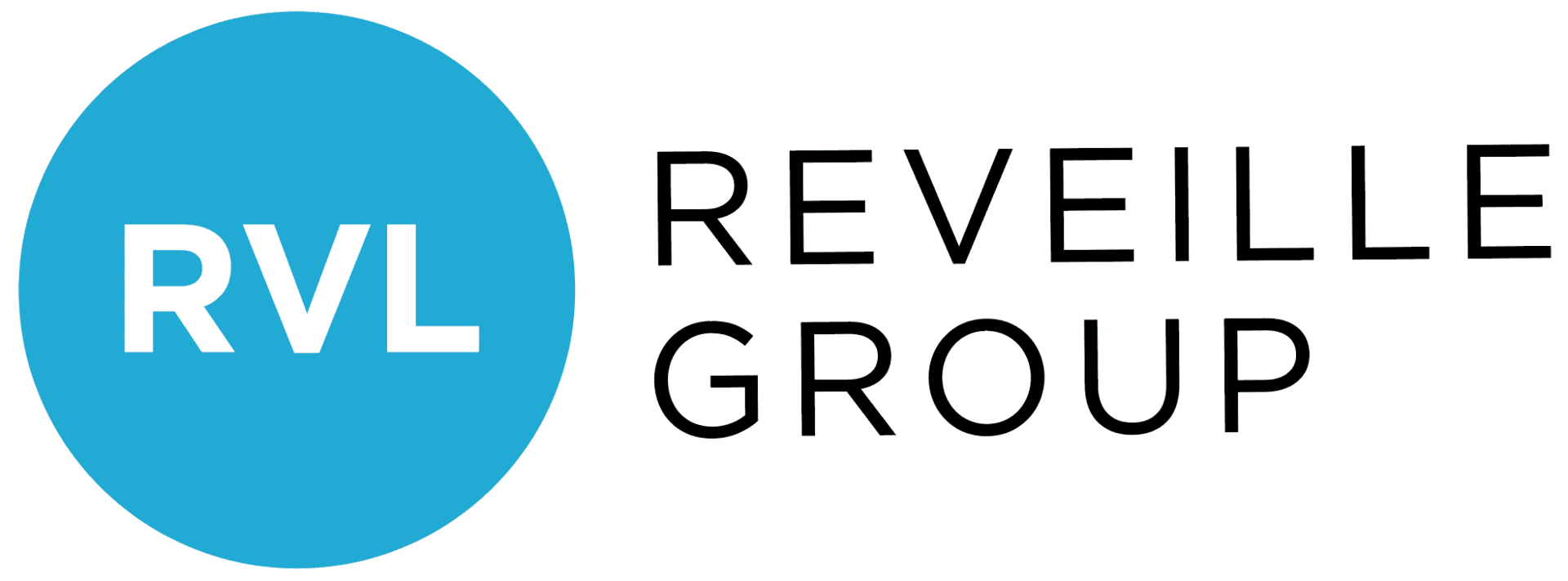Breaking into the Consulting Industry: How Young is too Young?
- By Selah Rhodes & Wayne Waldon
- •
- 01 Mar, 2017
Have you wondered whether the market for young C-suite executives is only reserved for Silicon Valley geniuses or fashion bloggers? Well, three years ago, Wayne and I wondered this exact question as we were faced with the opportunity to start a consulting group from the ground up. When we started doing the research, we immediately realized that the odds of success may never be in our favor. Unless of course, we’d be willing to wait another decade.
The Numbers Don't Lie
- The average age of a successful startup founder is 40, states TIME Magazine .
- Millennials are starting fewer businesses today than Baby Boomers did when they were the same age, according to the Kauffman Foundation .
- Across all industries, the average business owner is over 50 years old. But perhaps even more notable is that veteran-owned businesses are overwhelmingly run by proprietors that are over the age of 55, according to the U.S. Small Business Administration .
In fact, when compared against other small business owners, veterans are starting companies much later in life than that of their civilian counterparts. So there we were, two young professionals, hoping to build a veteran-owned consulting firm, with the odds (quite literally) stacked against us.
Like many of our esteemed industry colleagues in the federal consulting space, we didn’t have 20+ years of individual industry experience, this wasn’t a second career for us, and we weren’t retired executives with powerful client connections. Starting in the consulting/professional services realm, we also weren’t attractive targets for venture capital or private equity start-up funding. In case you already may be aware, there isn’t exactly a “buzz” centered on federal consulting start-ups.
So, how would we break in? How would we be successful? Were we premature in taking this jump? Perhaps, but as the great educator and consultant Peter Druker once stated, “the best way to predict the future is to create it”.
Three years later, we’re overcome with joy, gratitude, and if I’m being frank with you, we’re still honestly in a bit of shock that we’re not only still in the game, but that we’re thriving. Now don’t get me wrong, Wayne and I are still in the trenches together – building, sharing, and maintaining our brand, running down business leads, operating as “jack of all trades”, and inhaling wisdom and tips along the way.
But the fruit of our labor is shown in the strong group of talented, driven individuals that we’ve been grateful to bring on to our team. They drive the mission of Reveille, providing sustainable and strategic solutions to our clients – and being able to have them carry the torch on projects, without sacrificing quality or innovation, is our biggest success to-date.
We certainly don’t have everything figured out, but we’d like to share three insights for breaking into the consulting space - all learned along the way on our personal journey so far (some even earned with a few bumps and bruises).
Three Tips for Breaking into Consulting
1. Cultivate the connection with potential clients and partners: You’ve heard the typical advice to learn your elevator pitch – that certainly rings true. But when your potential clients are hearing hundreds of pitches in their day-to-day – how do you break through? By quickly finding and bridging a connection with them. What is their problem that you can fix? How can you highlight your company’s sincerity, business savvy, and innovation? It’s many times that these first impressions build ties that bind and get you your first big break.
2. Invest in innovative infrastructure: If you’re going to be a one-person consulting firm, this may not apply. If you’re looking to build something bigger than yourself, you’re going to need to invest in building an infrastructure that attracts and retains top consulting talent. Benefits, recruiting, mentorship, timekeeping, payroll, and more. Luckily, there are a ton of innovative, cost-effective businesses built on re-thinking how these components work – assess the balance of your needed cash, functionality, and scalability to determine what works for you.
3. Find the right people for today and the future: When you’re recruiting for your first project on top of all your other duties, finding the right person for the task can take more time than you think you can spare. Take the time to find the right talent – and envision your hires as not just butts in seats, but investments in your future. Can you find the person who will execute this project, but also drive just as hard to see your consulting company succeed? Will they be in the trenches with you on a critical deadline or to support future growth?
Though we now have a bit more confidence when we tell people we work for Reveille Group after three years, we’re still learning and evolving the concept of what it means to be young, startup- minded executives building a federal consulting practice - figuring out what the future outlook is and how we plan to get there. We hope you’ll join us for the next stretch of this journey by staying engaged with us. Check back frequently for future posts, and be sure to follow Reveille Group on Facebook , LinkedIn , and Twitter .
All the best,
Selah and Wayne
